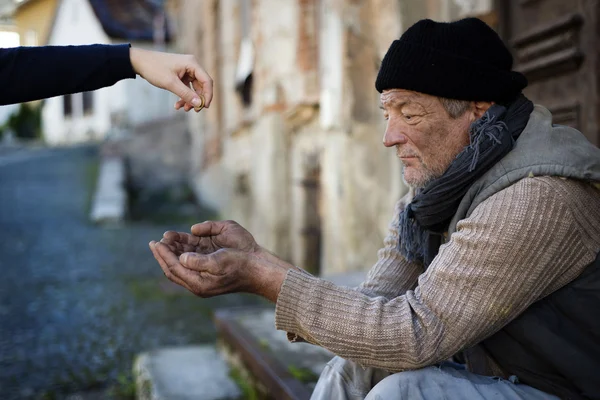
What if where a person lives is quietly keeping them behind? A new 2025 WalletHub report finds that all states are not created equal some aren’t even providing the same fundamental level of living. Some areas have booming economies and the best schools, while others have high levels of poverty, violent crime, and failing schools.

This list of the lowest-scoring states to call home isn’t merely a matter of numbers it’s about the day-to-day realities that determine residents’ health, safety, and well-being. From record-high crime rates to restricted access to healthcare, the results offer a stark reason why some states continually fall to the bottom of the list.
For anyone thinking about making the move, here are some observations that can prevent expensive missteps. Here’s a closer examination of the main factors holding these states back and what it means for would-be new arrivals.

1. Education Gaps That Limit Opportunity
In a number of the lowest-ranked states, public school performance is woefully inadequate. New Mexico, for instance, was ranked as having the country’s worst K‑12 school performance, while Alabama finished last in public school rankings earlier this year. These aren’t merely scholastic figures they have an impact on graduation rates, readiness for college, and lifetime earning power.
Oklahoma is also struggling, coming in at number 49 out of 50 for public school safety and resources. When the education system is performing poorly, it can drive families away from the area, further destabilizing the community. As WalletHub analyst Chip Lupo commented, “you should… consider how where you live will impact your health and safety” in addition to monetary concerns.
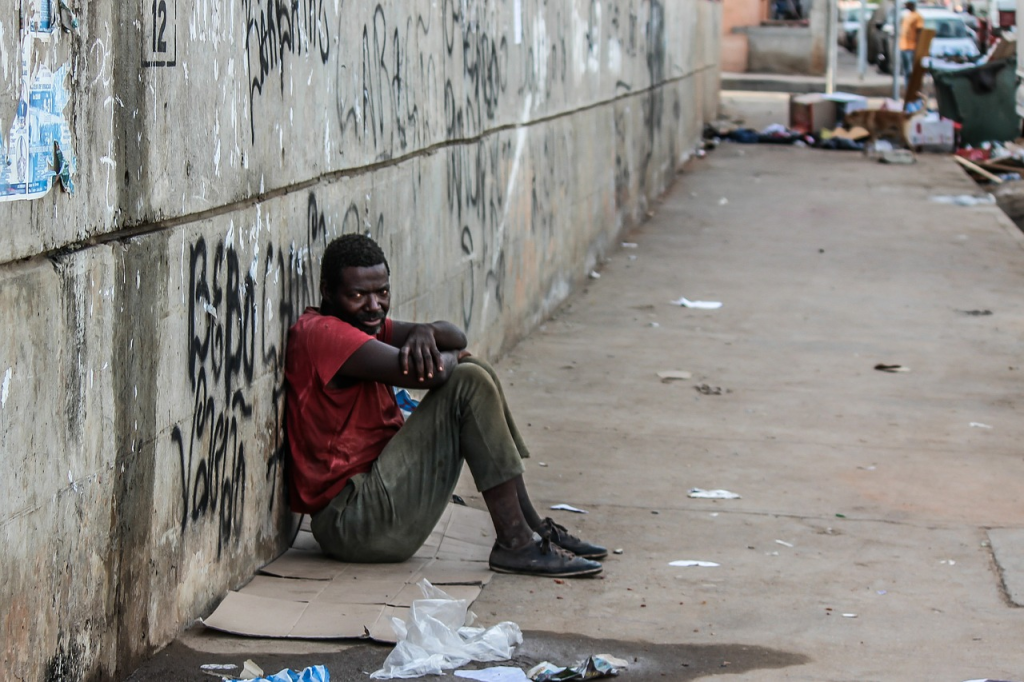
2. High Poverty Rates Across the Board
Poverty is a chief cause of low livability scores. Louisiana leads the way with a poverty rate of 18.9%, followed by Mississippi with 18% and New Mexico with 17.8%. West Virginia, Arkansas, and Oklahoma are also in the top ten for highest poverty.
These rates tend to track with limited access to quality care, lower education levels, and fewer employment opportunities. For residents, it may translate into a never-ending battle to make ends meet something that affects individual well-being as well as the overall health of the state.

3. Safety Issues and Crime Rates
Crime and safety weigh heavily in WalletHub’s rankings. New Mexico has the highest crime rate of any U.S. state, while Louisiana holds the third‑highest. South Carolina ranks as the fifth most unsafe, and Arkansas sits at sixth.
High crime rates don’t only impact personal safety they can discourage business investment, lower property values, and restrict outdoor or community activities. For families, safety issues tend to be a determining factor in whether to remain or relocate.
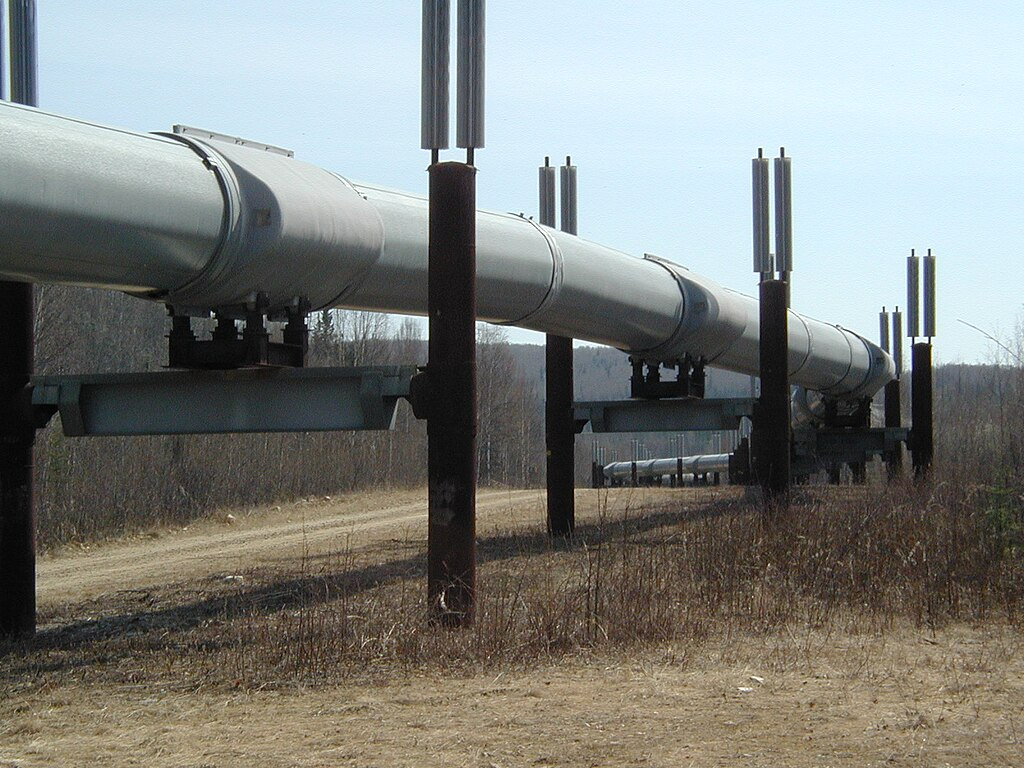
4. Weak Economies Holding Residents Back
Economic well-being is another aspect in which these states are deficient. Louisiana had the worst economy in the country, with Mississippi, Nevada, and Alabama joining it among the bottom ten. High unemployment, slow income growth, and poverty rates all work together to provide very little upward mobility.
Even the most solid of strengths such as Alaska’s fourth‑ranked economy is no guarantee of success if quality of life and income growth are missing. It takes more than a healthy jobs picture if wages lag behind the cost of living or if residents are beset by other systemic issues.

5. Housing Affordability Isn’t the Whole Story
Notably, some of these states rank highly for affordability but remain poorly ranked overall. Alabama and West Virginia are two of the most affordable states in the nation, but both are plagued by poor economies and bad education and health scores.
Conversely, Nevada’s expensive housing keeps its livability score low, with the third‑highest cost of housing and third‑lowest homeownership percentage. Being affordable might be desirable, but without the right underlying factors such as job growth and safety, it isn’t enough to provide high quality of life.
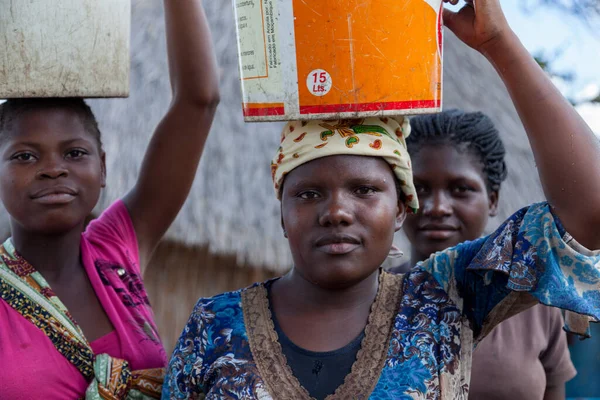
6. Quality of Life Deficits
Quality of life metrics covering everything from leisure options to commute times drag down several states’ rankings. Alaska, for example, has the lowest rate of restaurants per capita and residents who work the most hours weekly. Mississippi ranks second‑lowest in quality of life, with Arkansas close behind.
These gaps can contribute to daily life becoming more stressful and less satisfying. Restricted availability of cultural, recreational, and social amenities tends to encourage residents to look elsewhere for opportunities, particularly younger and more mobile individuals.

7. Health Coverage and Life Expectancy Challenges
Access to health care is a chronic problem in most of these states. Oklahoma possesses the second-lowest rate of insured citizens, barely behind Texas, and Mississippi is fifth lowest. States with poor health outcomes, such as lower life expectancy, are typical where they also have trouble with education and poverty.
Without proper access to healthcare, avoidable conditions can deteriorate, raising both individual and public health expenses. For anyone making a move, these figures are a reminder to balance healthcare availability with job opportunities and housing.
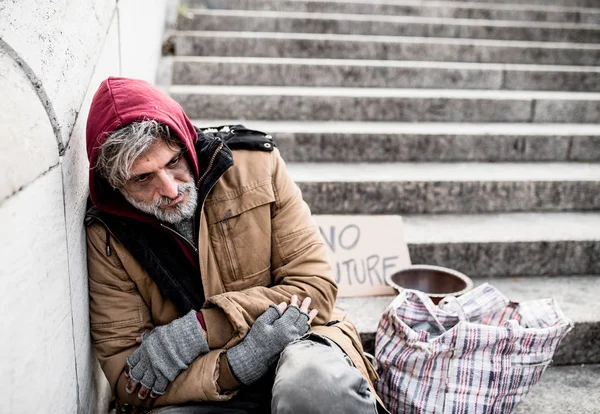
Moving is more than securing a lower-cost house or a sunnier locale it’s about settling in a community that fosters long-term health. The lowest-ranked states on WalletHub’s 2025 list show the extent to which interconnected elements such as education, economy, safety, and healthcare are. For those looking for a new beginning, learning about those challenges is the first step toward discovering a place where both opportunity and quality of life can grow.


